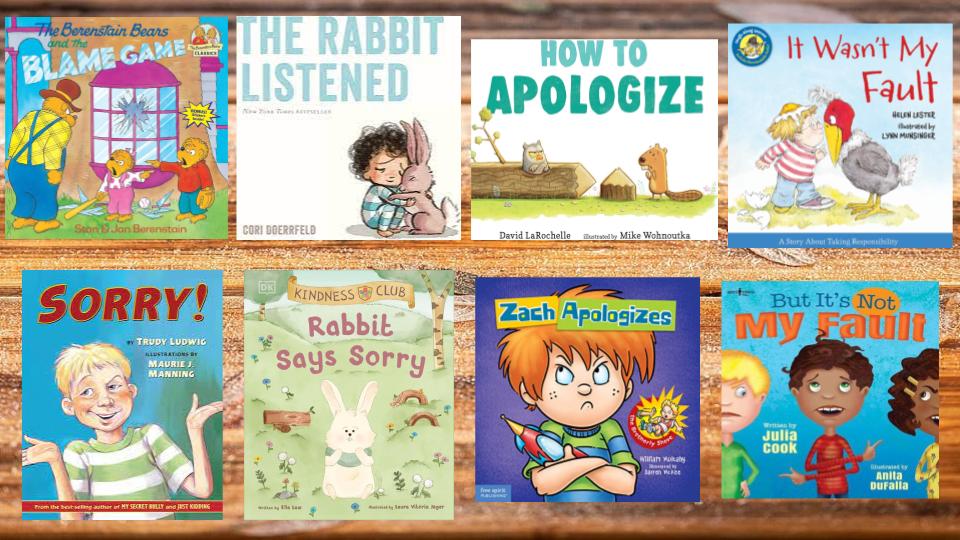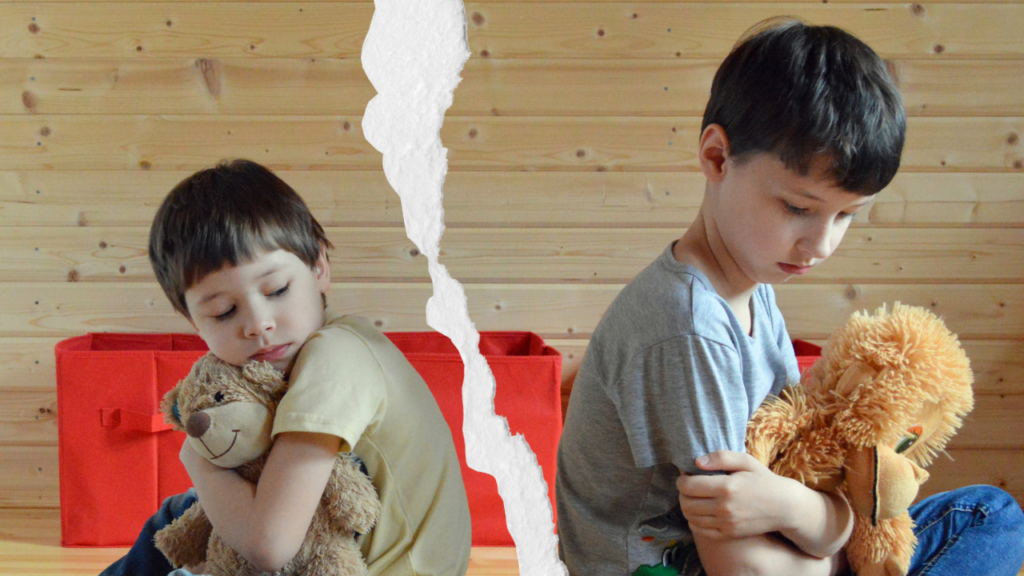Have you ever heard a child say, “He made me do it!” after getting in trouble? This common phrase highlights a challenge young students face: taking responsibility for their words and actions. Shifting the blame to others might seem like an easy way out, but it prevents them from learning valuable life skills.
In my YouTube lesson on this topic, we explore the idea with puppets. Puppets have no will of their own; they’re completely controlled by the puppeteer. Humans, however, are different. We have the power to choose our words and actions, unlike puppets with no say in the matter. Understanding this distinction is crucial for young minds. It’s about realizing that we are not passive actors controlled by external forces but active participants responsible for our own choices and behavior.
So, how can we translate this concept into actionable lessons for elementary students? Here are some strategies and tips:
- Model Responsibility: Children learn best by example. Teachers can model responsible behavior by admitting mistakes, apologizing when needed, and taking ownership of their actions.
- “Oops, I accidentally marked the wrong answer on your test. Let’s fix that!”
- “I apologize for raising my voice. Let’s take a deep breath and try again.”
- “I forgot to bring extra markers. Let’s see what we can use instead.”
- Establish Clear Expectations: Clearly outline expectations for behavior in the classroom. Discuss with students the importance of being accountable for their words and actions. Create a set of rules together with input from the students to foster a sense of ownership and understanding of expectations.
- Encourage Reflection: Teach students to reflect on their actions and consider the impact of their words on others. Encourage them to think about how their behavior aligns with the values of respect, kindness, and empathy. Provide opportunities for students to journal or discuss their reflections with classmates.
- Promote Critical Thinking: Teach students to think critically about the motivations behind their actions and the influence of peer pressure. Encourage them to consider whether their choices align with their own values and beliefs.
- Build Confidence: Empower students to trust in their own judgment and make decisions based on what they believe is right, rather than succumbing to external pressures.
- Use Positive Reinforcement: Acknowledge and praise students when they demonstrate responsible behavior. Positive reinforcement can motivate students to continue making responsible choices and taking ownership of their actions. Celebrate small victories and improvements in their behavior.
- Foster Open Communication: Create a safe and supportive environment where students feel comfortable discussing their mistakes and seeking help when needed. Encourage open communication and active listening to understand the reasons behind a student’s actions.
- Teach Problem-Solving Skills: Help students develop problem-solving skills to address conflicts and challenges that may arise. Teach them strategies for resolving disagreements peacefully, taking responsibility for their role in a conflict, and finding constructive solutions.
- Hold Students Accountable: Establish consequences for misbehavior and consistently enforce them. When students fail to take responsibility for their actions, hold them accountable in a fair and respectful manner. Encourage students to reflect on the consequences of their actions and learn from their mistakes.
By embracing these strategies, educators can empower students to understand the power they hold over their own actions. Just as a puppeteer guides their puppet, children can learn to steer their words and behaviors in positive directions, fostering a sense of responsibility that will serve them well throughout their lives.
Little Life Lessons • BIG Life Skills
Empowering students to take responsibility is a valuable life skill. For more tips and strategies, check out my YouTube lesson:
Books on this Topic


